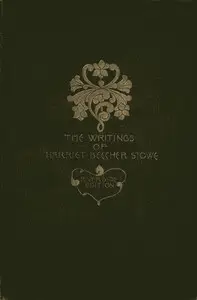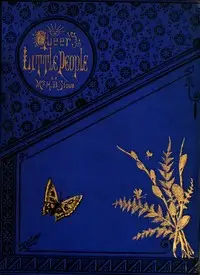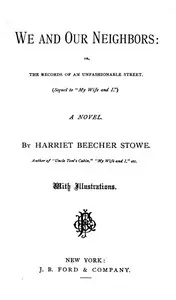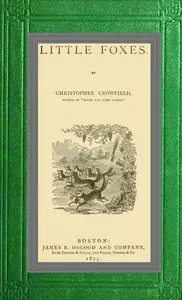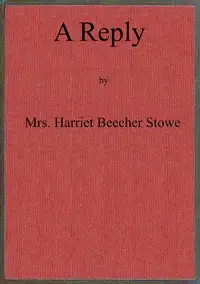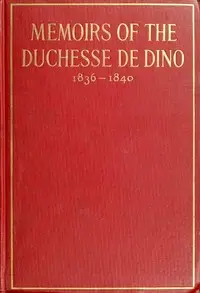"Woman in Sacred History" by Harriet Beecher Stowe is a collection of biographical sketches written in the late 19th century. The work explores the lives of prominent women from biblical history, presenting them through a blend of scriptural, historical, and legendary contexts. Stowe aims to illuminate the role and development of womanhood across divine history, focusing on how these figures reflect the larger ideals of femininity in spiritual and cultural realms. At the start of the volume, the introduction outlines the author’s objective of tracing the history of women under divine culture, highlighting their significance in the narrative of the Jewish nation. The opening section features discussions of women from the patriarchal ages, such as Sarah, Hagar, and Rebekah, as well as the complex dynamics of their relationships with the men in their lives. Through the lens of personal anecdotes and divine influence, the text seeks to portray these women not as mere backdrop figures, but as pivotal characters whose actions and choices significantly shaped the unfolding story of womanhood in sacred history. (This is an automatically generated summary.)
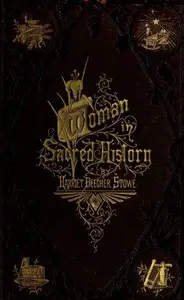
Woman in Sacred History A Series of Sketches Drawn from Scriptural, Historical, and Legendary Sources
By Harriet Beecher Stowe
"Woman in Sacred History" by Harriet Beecher Stowe is a collection of biographical sketches written in the late 19th century. The work explores the li...
Harriet Elisabeth Beecher Stowe was an American author and abolitionist. She came from the religious Beecher family and wrote the popular novel Uncle Tom's Cabin (1852), which depicts the harsh conditions experienced by enslaved African Americans. The book reached an audience of millions as a novel and play, and became influential in the United States and in Great Britain, energizing anti-slavery forces in the American North, while provoking widespread anger in the South. Stowe wrote 30 books, including novels, three travel memoirs, and collections of articles and letters. She was influential both for her writings as well as for her public stances and debates on social issues of the day.


